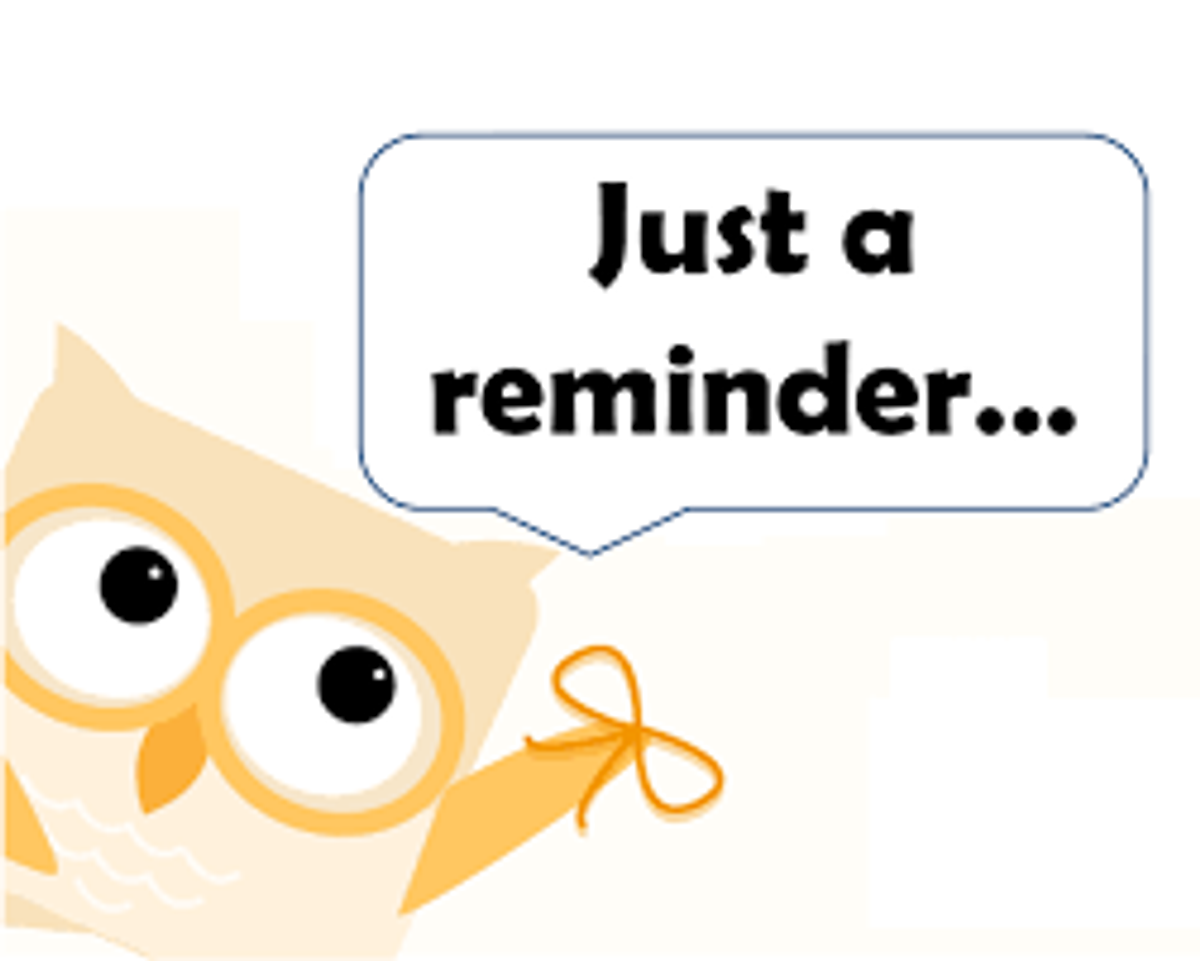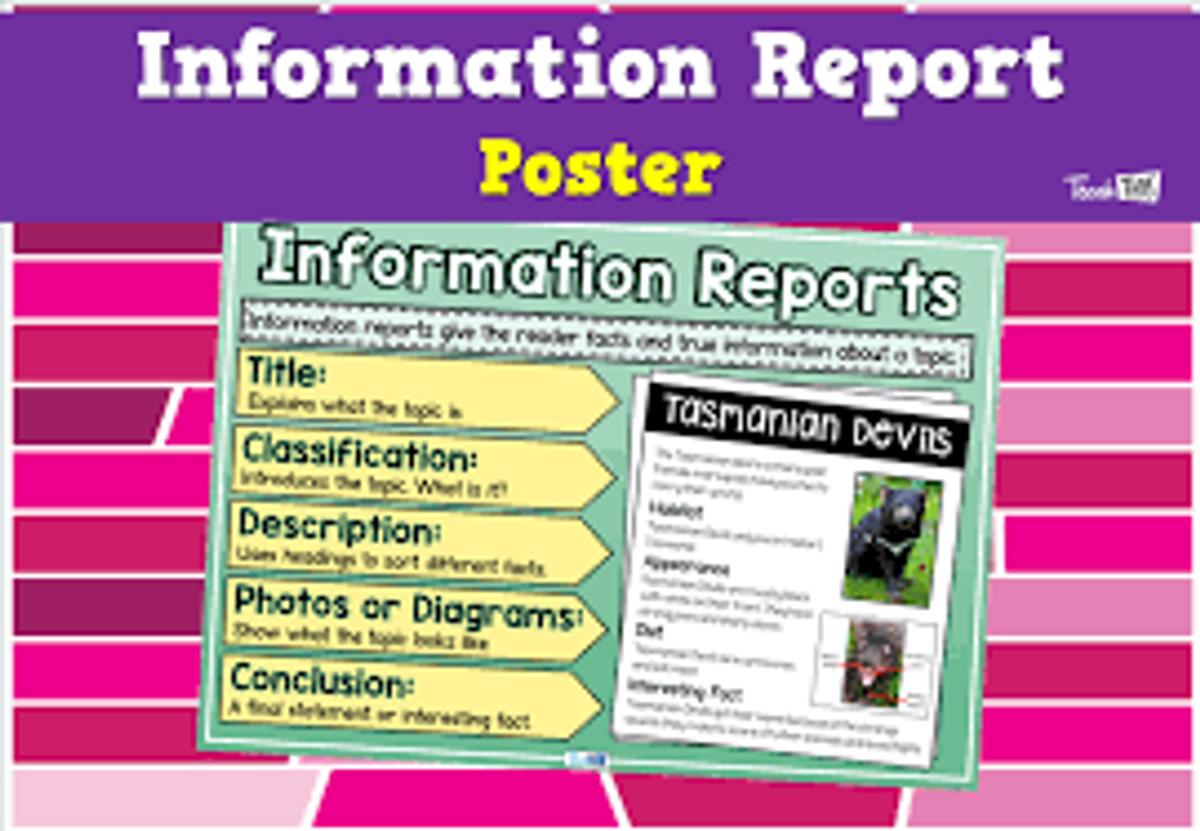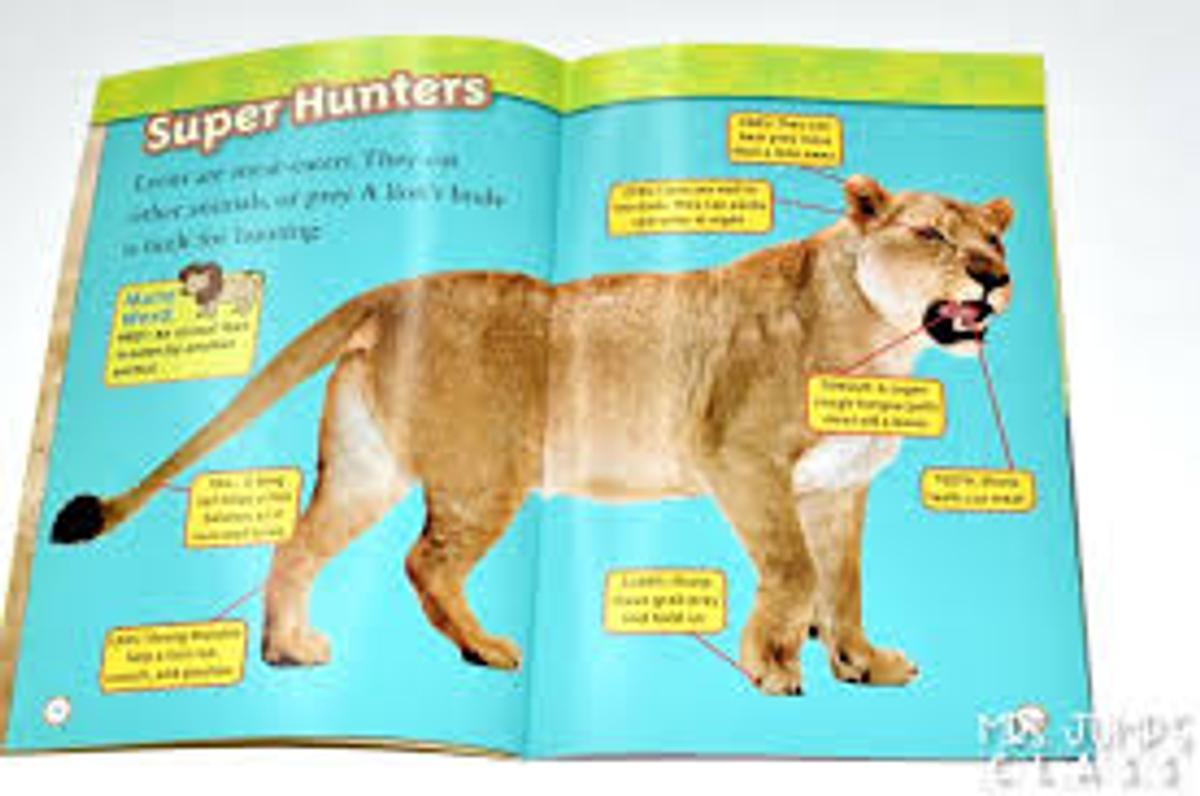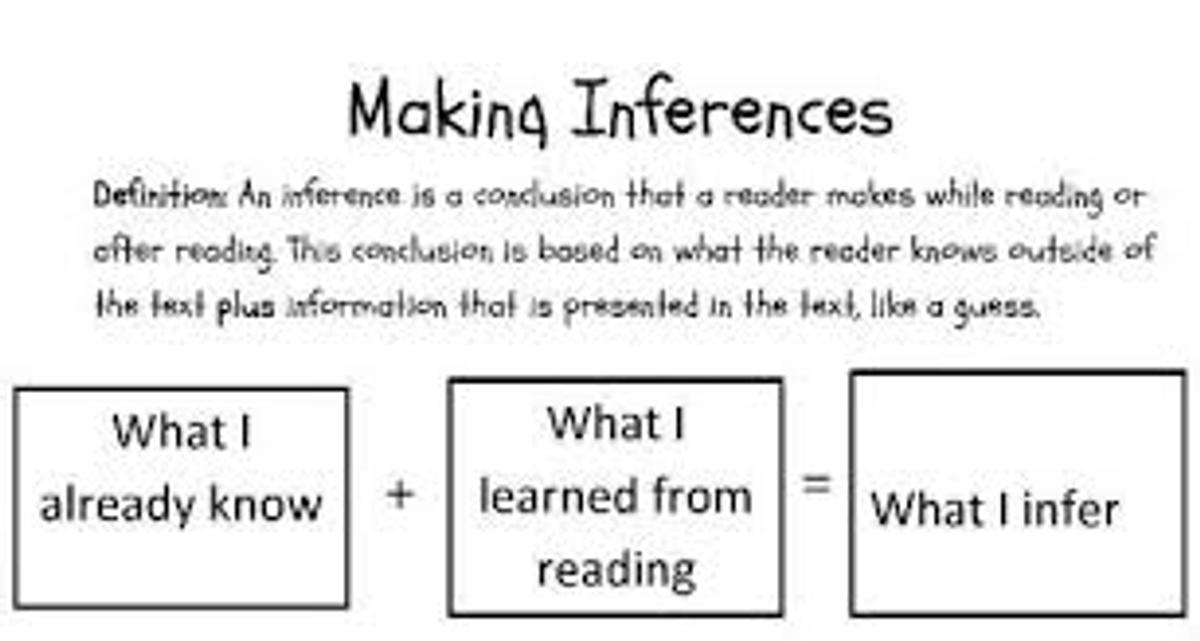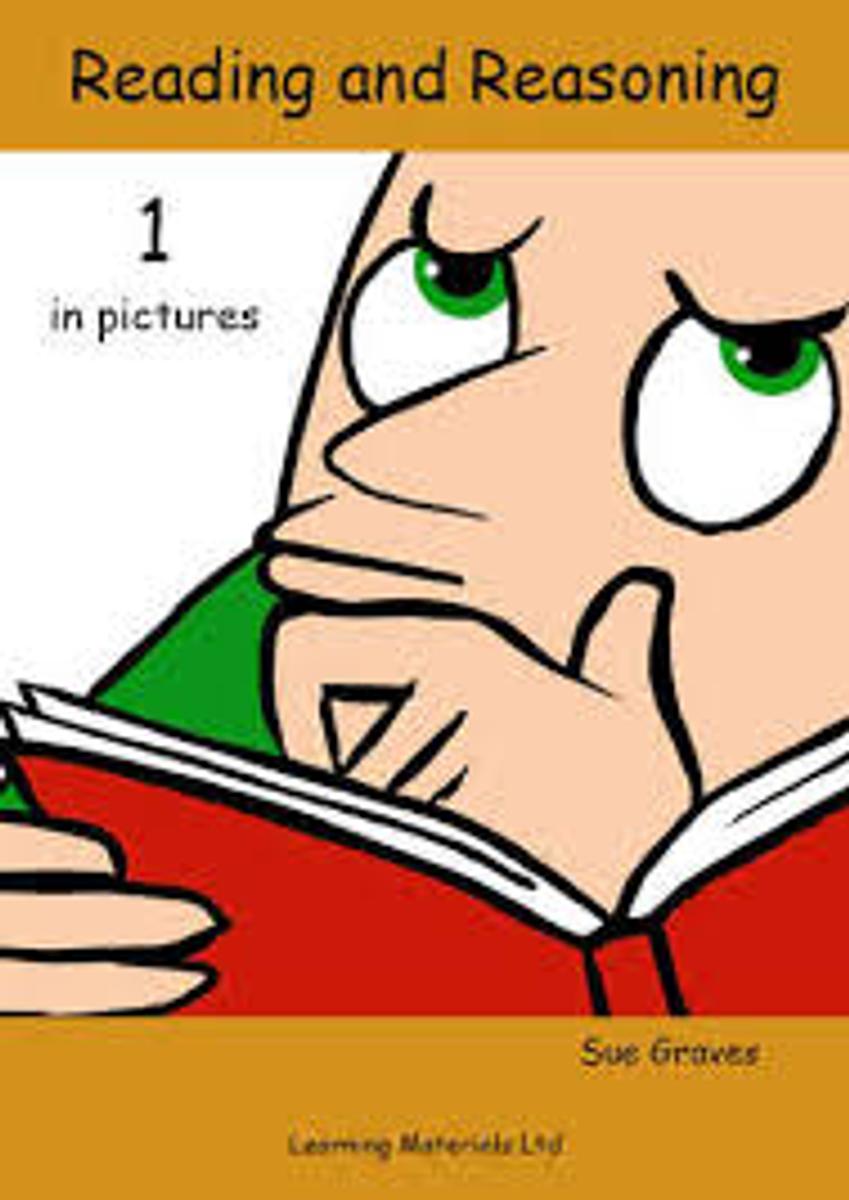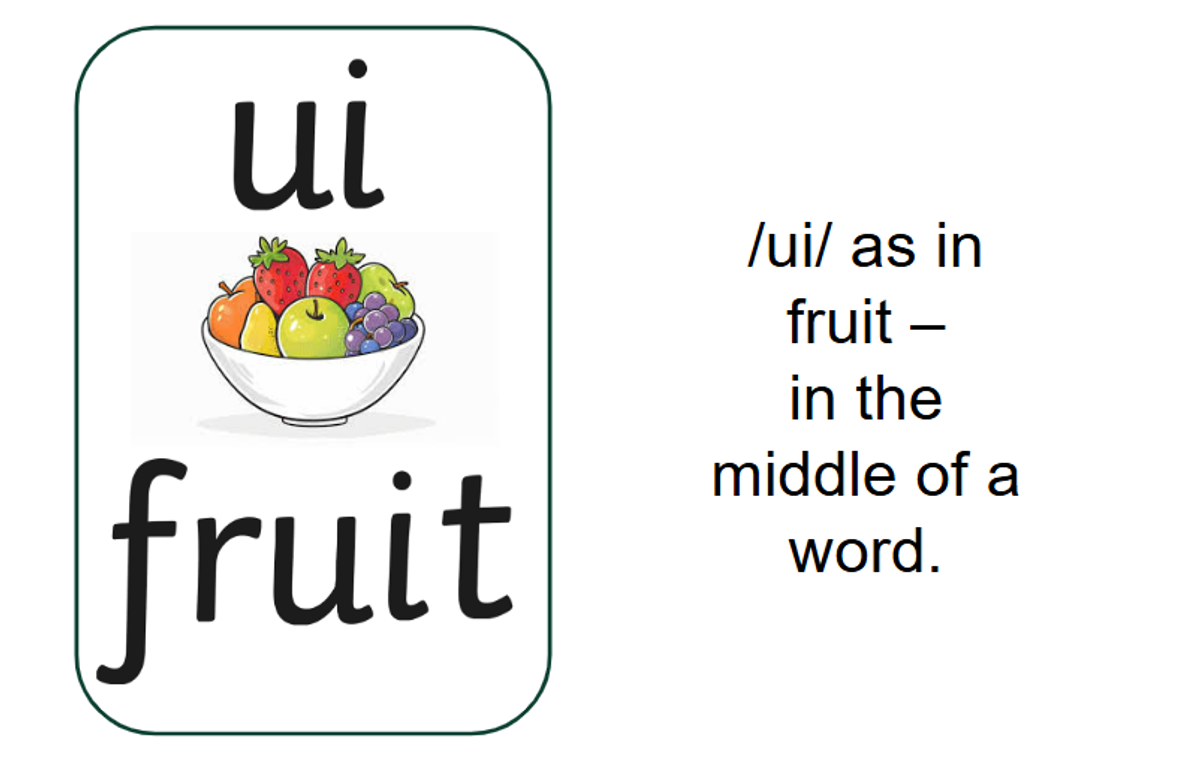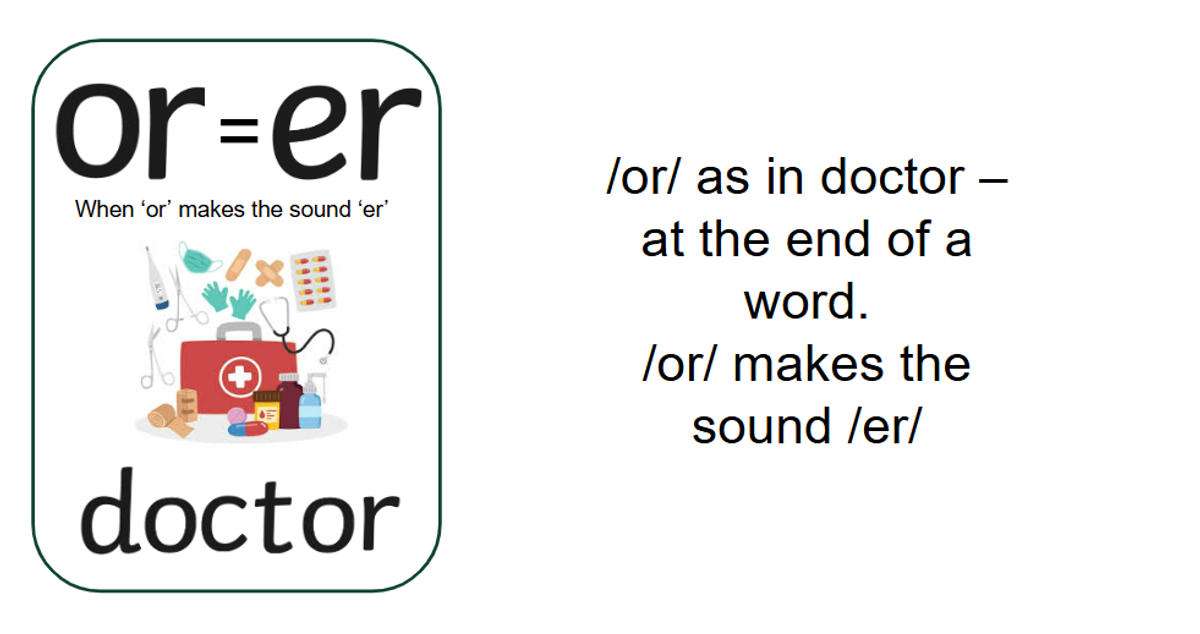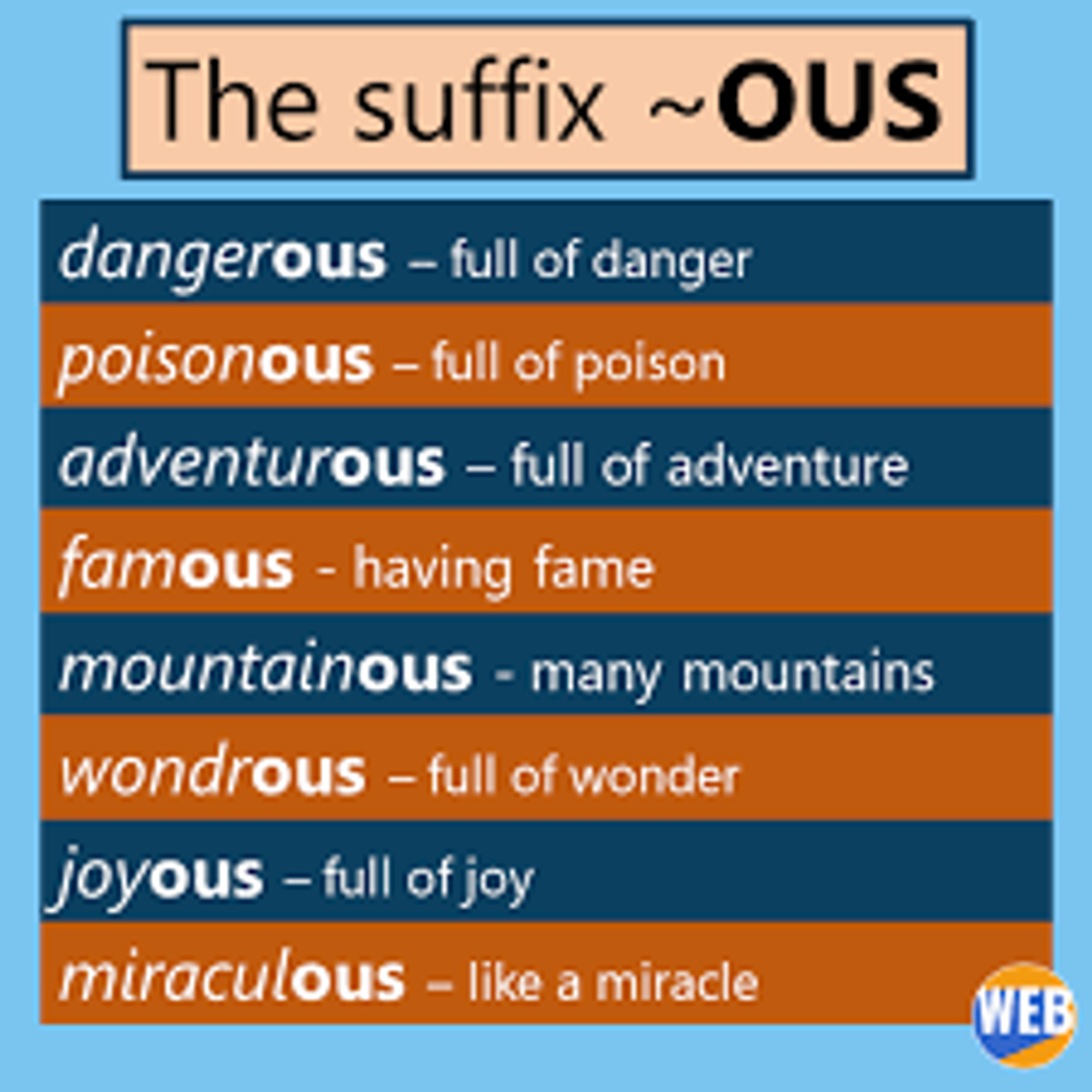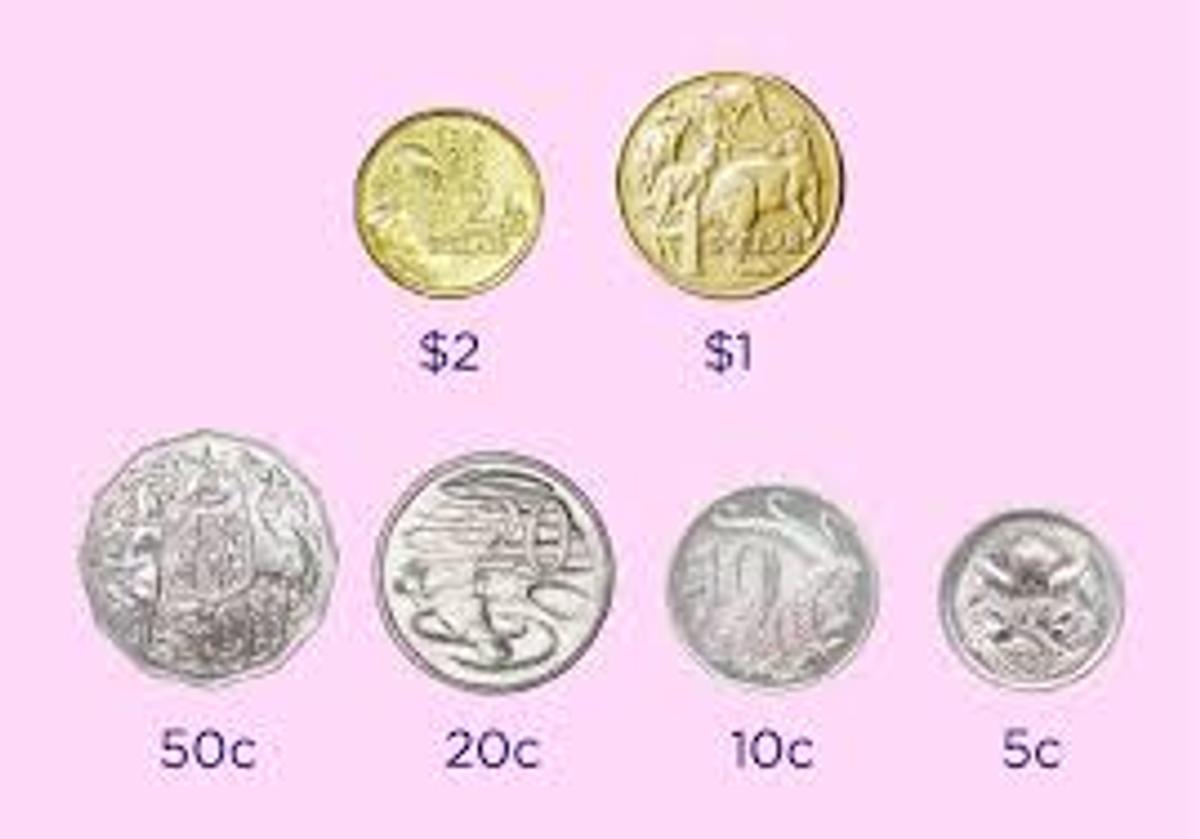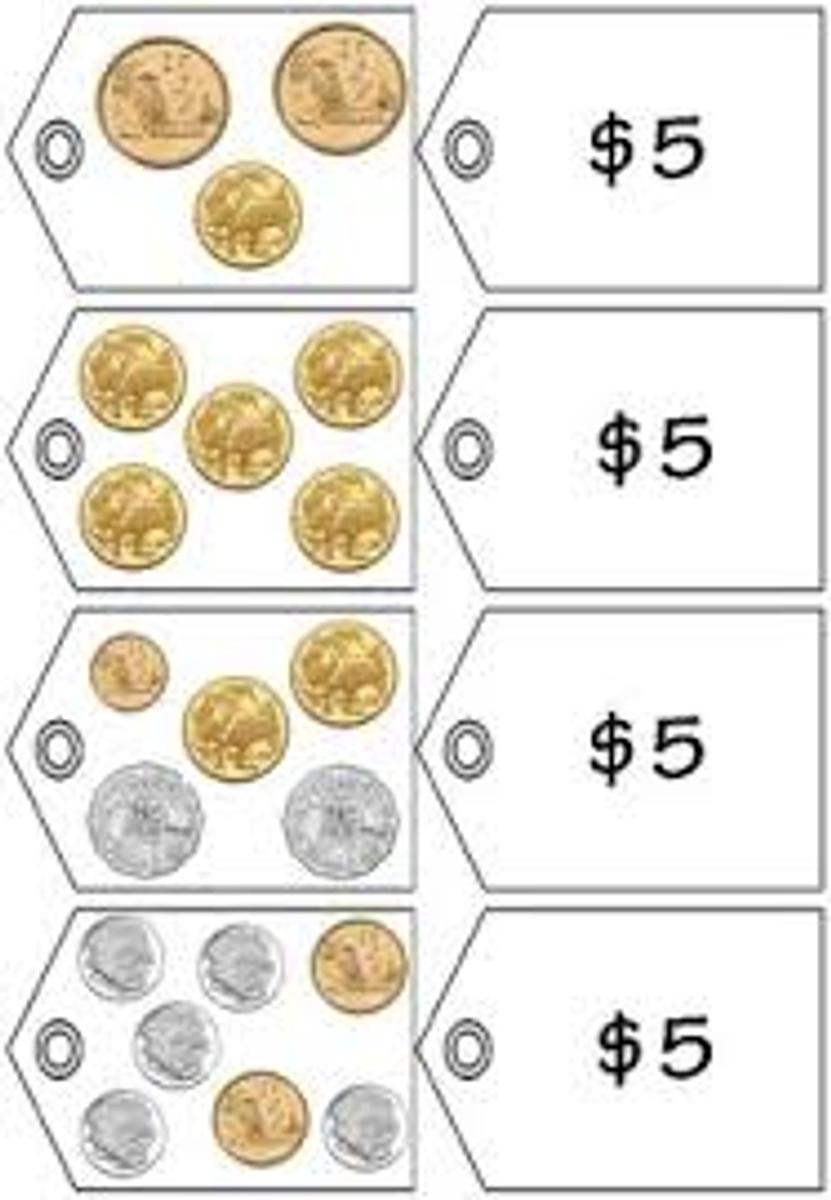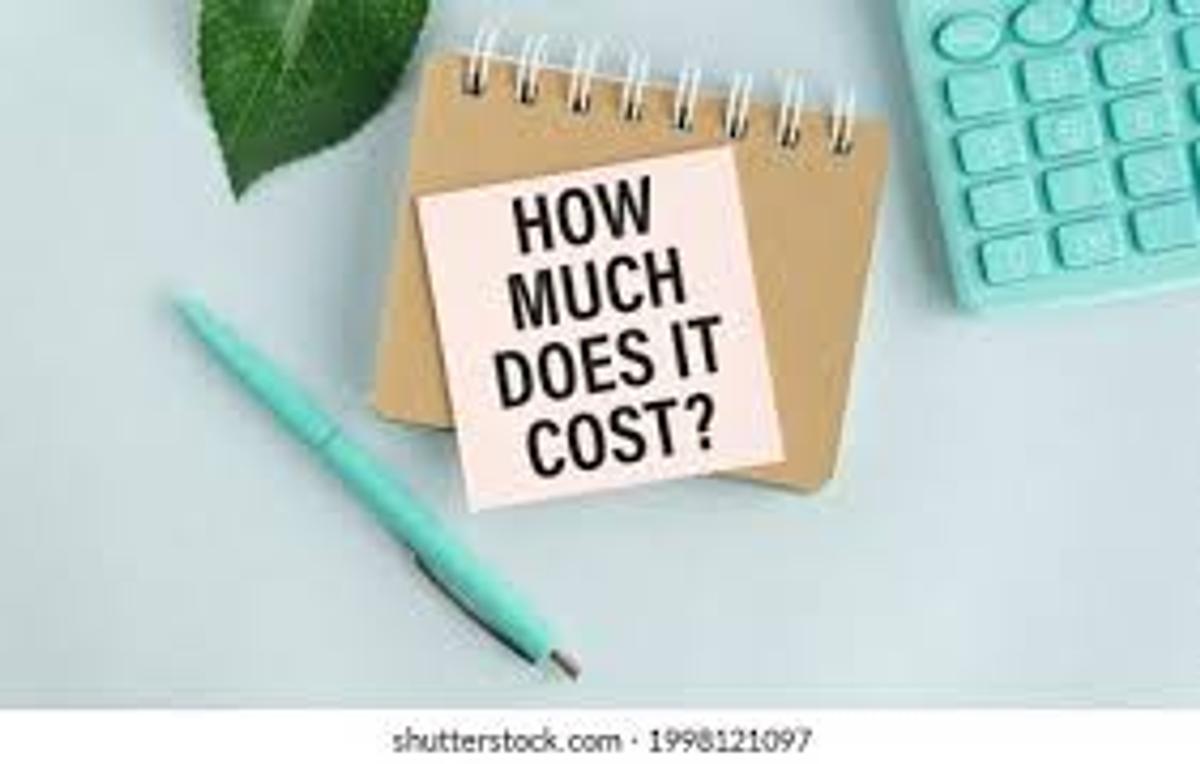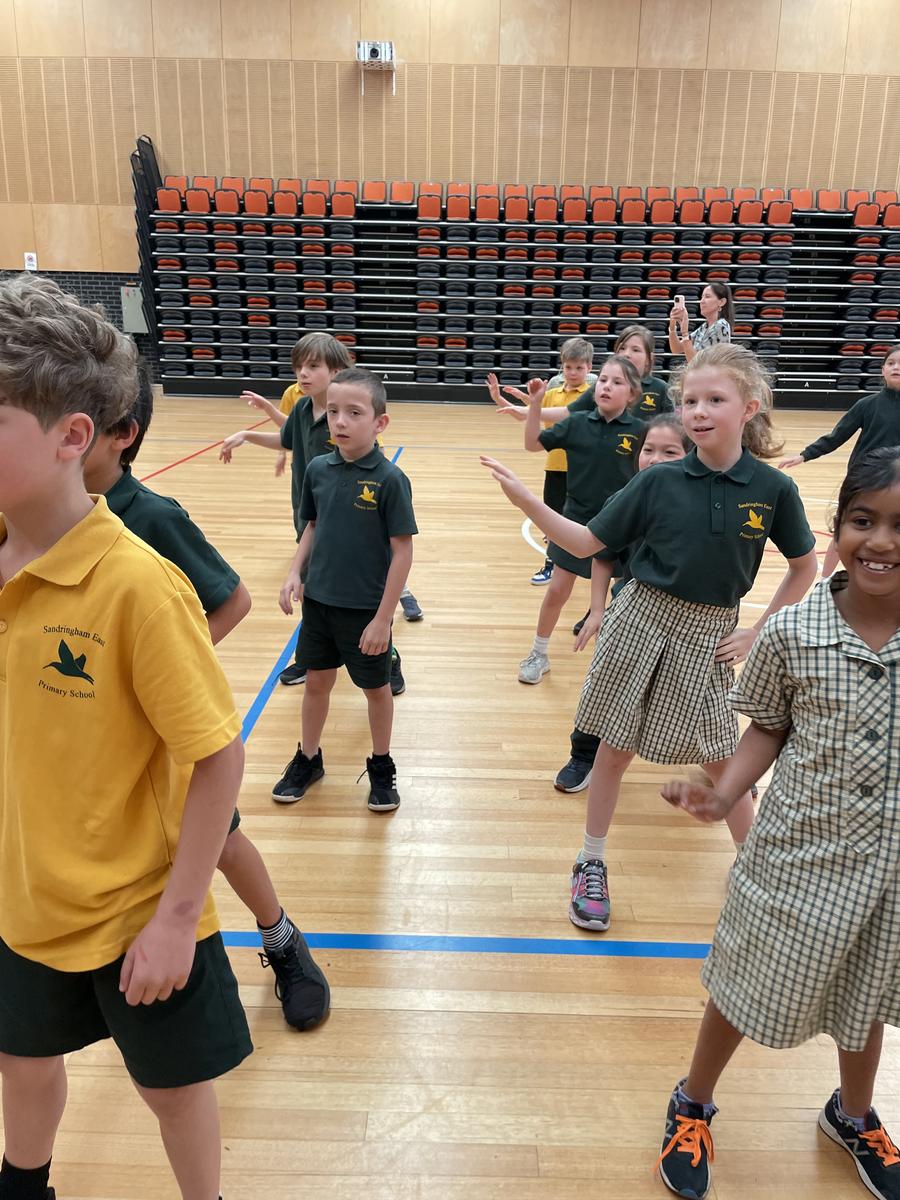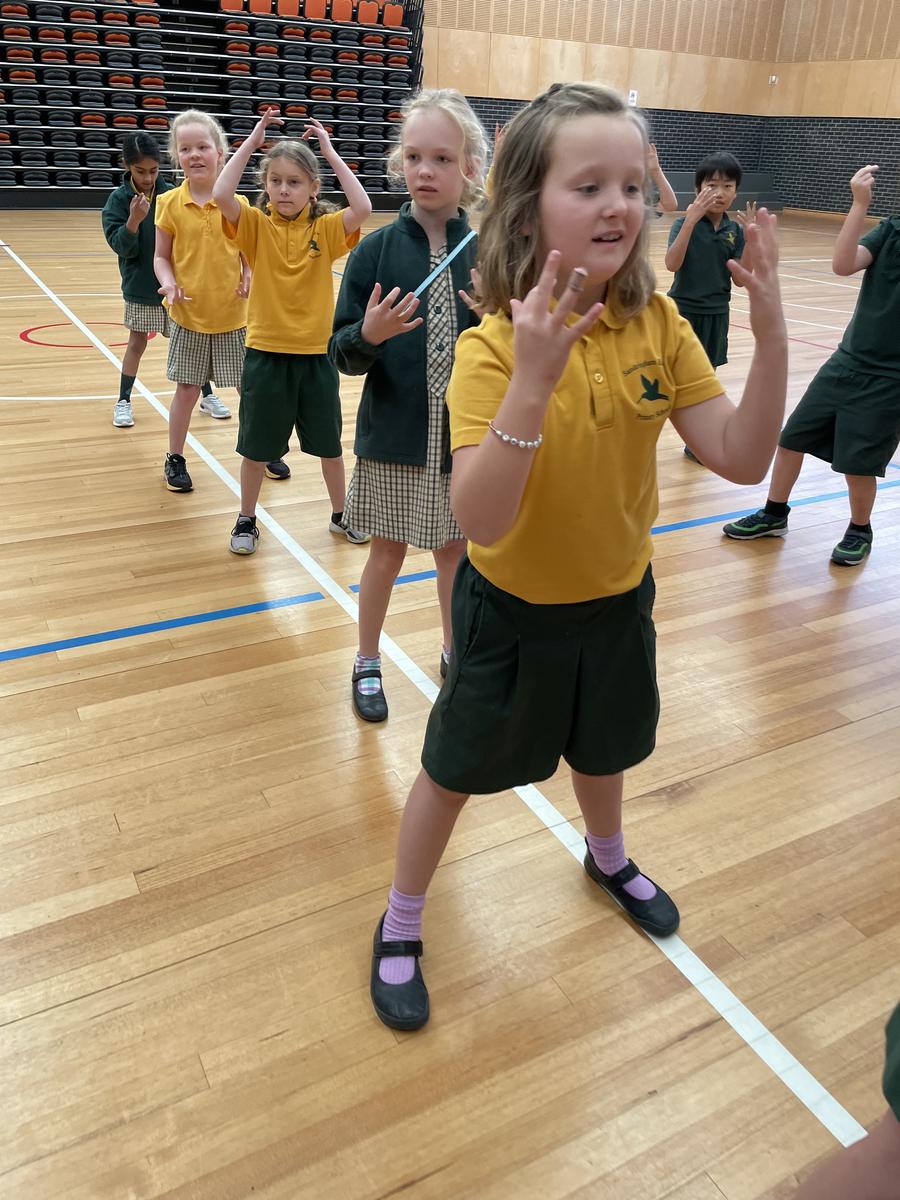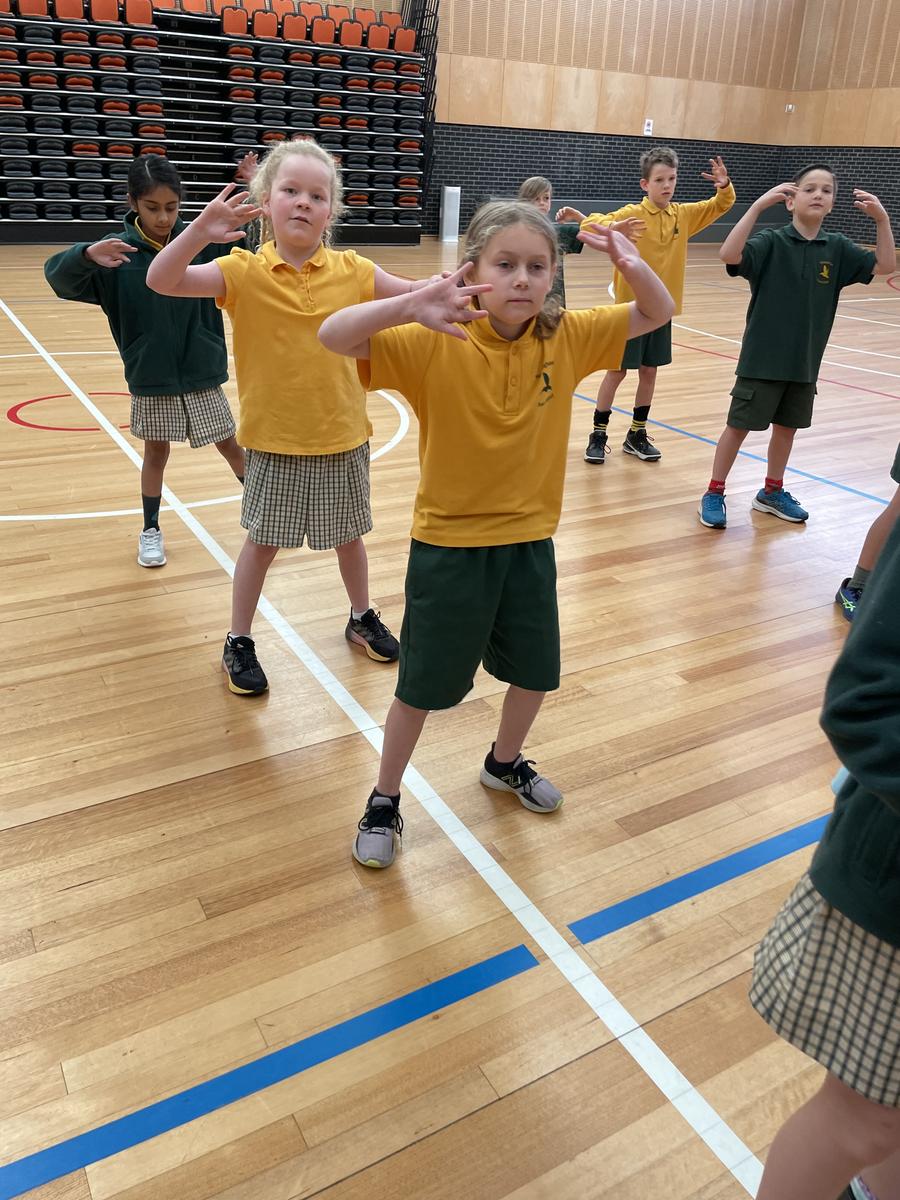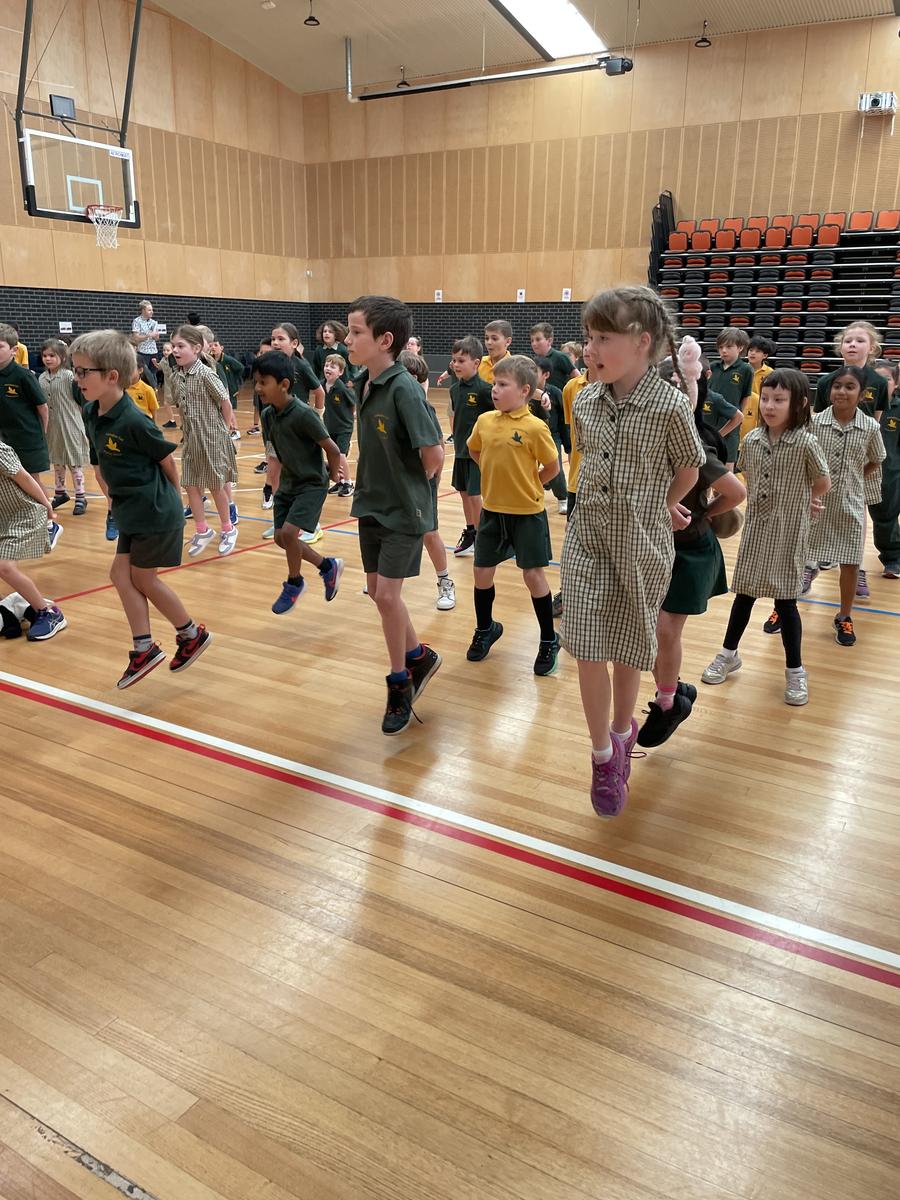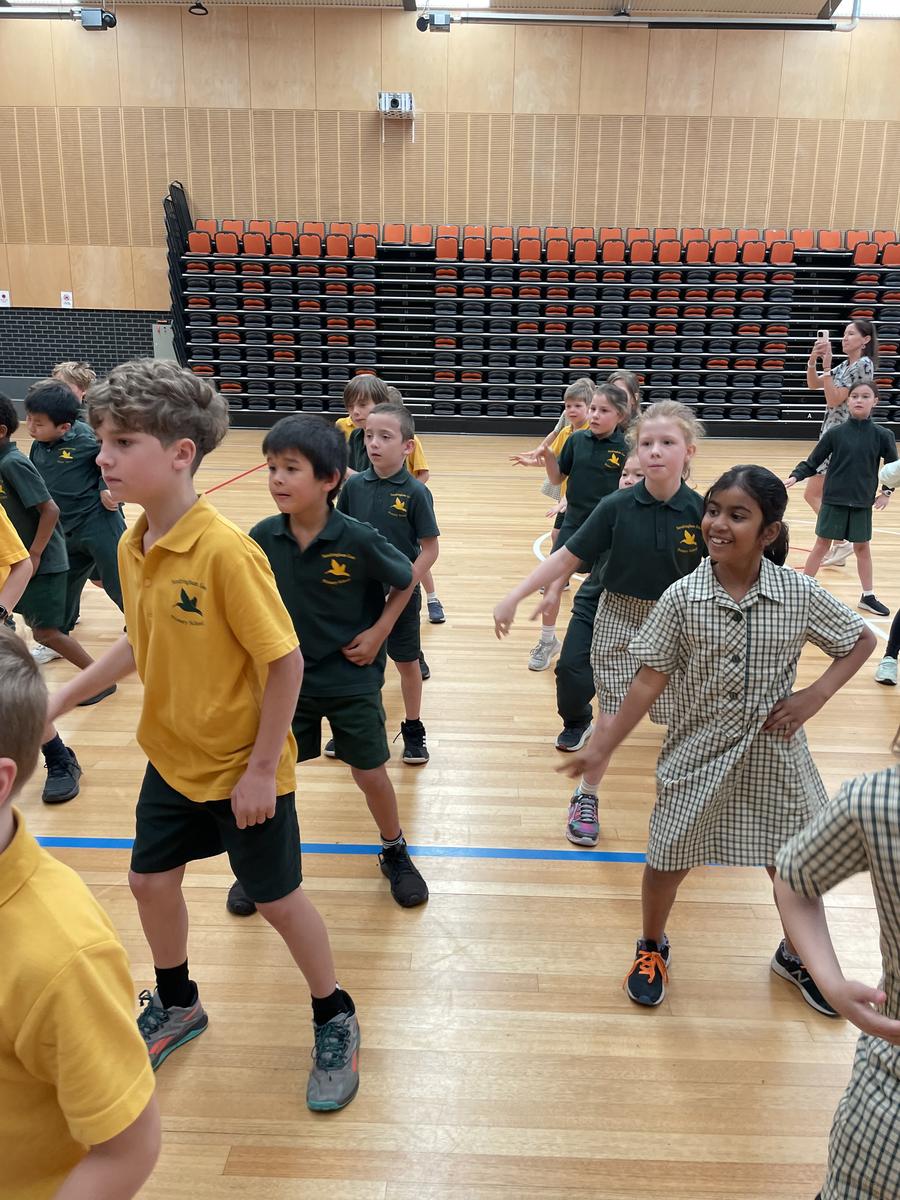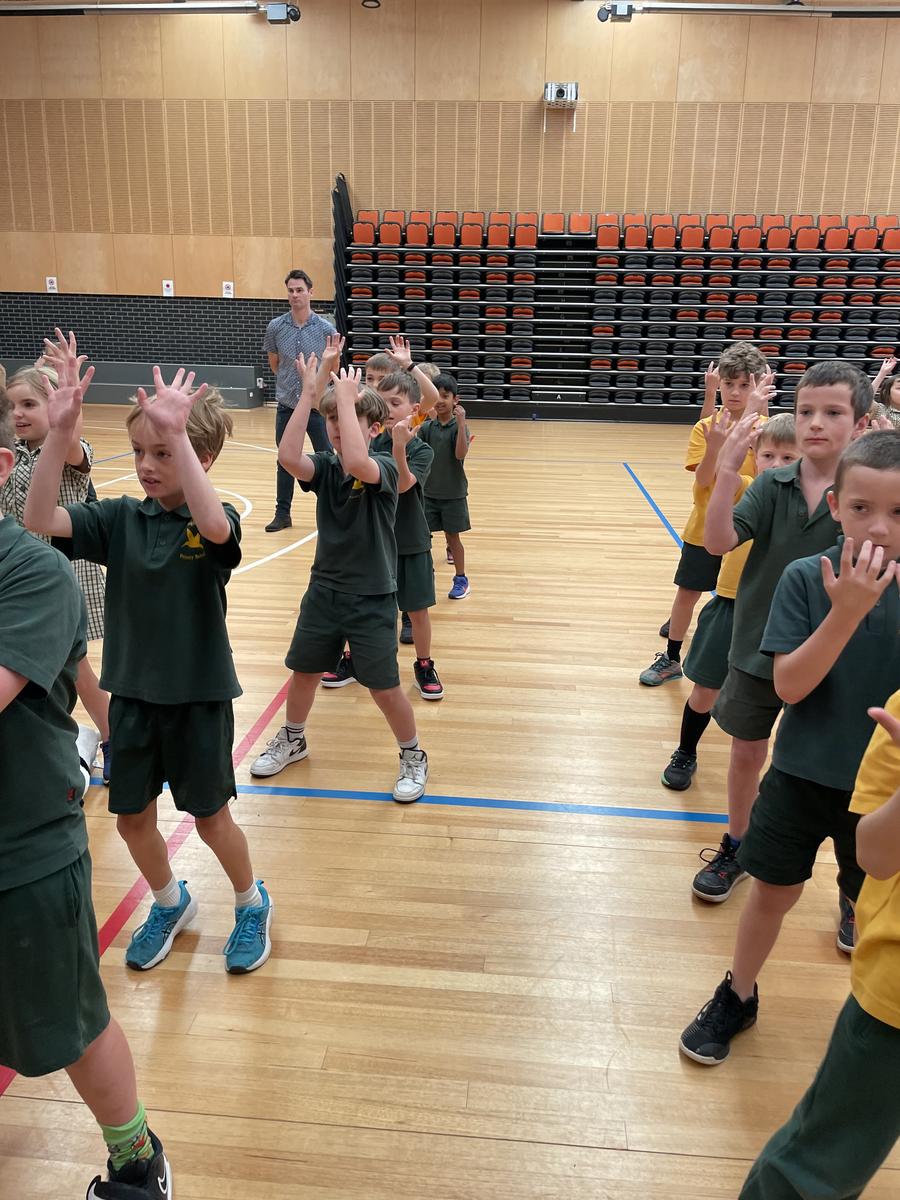Level 2: Connect

Can you believe we’re already halfway through the term? Time is flying by, and we are happy to share that our students are making the most of it! This term has been filled with exciting learning opportunities, and one of the highlights has been the dance incursion. Students have been having an absolute blast, engaging in creative movement, exploring different dance styles, and building confidence through expression. It’s been wonderful to see them have so much fun while learning new skills.
The colour run is this Friday.
Friday 22nd November - Whole School Dance Showcase 2:30pm in the Stadium
Writing
Our students are continuing their exploration of information texts as they develop essential skills for reading non-fiction. Over the next few weeks, they will focus on identifying and understanding the key features of information texts, including headings, subheadings, captions, diagrams, and indexes. These features help readers navigate
the text and locate specific information more efficiently. Students will also learn how authors use factual language, clear structure, and illustrations to present information in an engaging and accessible way. By becoming familiar with these elements, students will be better equipped to read and comprehend a variety of non-fiction texts, whether for school or in everyday life. We encourage you to explore different types of information texts at home, such as magazines, brochures, or encyclopedias, and discuss the key features together.
Reading
In the coming weeks, our focus in reading will shift toward developing comprehension skills, with an emphasis on inference and reasoning. Students will learn to go beyond the text and draw conclusions based on clues provided by the author, helping them better understand both the explicit
and implied meanings in stories and informational texts. They'll be encouraged to ask questions, make predictions, and connect the dots between different pieces of information. By sharpening these skills, students will become more thoughtful and critical readers, able to analyse texts more deeply and apply their understanding in a variety of contexts.
Spelling
The spelling pattern we are focusing on is:
This week our students will be focusing on the suffix "-ous", which is used to form adjectives meaning "full of" or "having the qualities of." For example, words like "joyous," "courageous," and "famous" all contain the suffix "-ous" and help describe characteristics or qualities. Understanding how suffixes work is a key part of morphology, which is the study of how words are formed and structured. By exploring word parts like prefixes, suffixes, and root words, students strengthen their vocabulary, spelling, and overall reading comprehension. This knowledge not only enhances students ability to decode new words but also deepens their understanding of language as a whole.
Maths
Over the next two weeks, our students will be delving into an exciting and practical area of learning—the value of money. This topic will help your child better understand the role money plays in everyday life and how to handle it effectively. As part of their learning journey, they will focus on how to count and order small collections of Australian coins and notes efficiently.
Students will begin by exploring the various Australian coins and notes, learning to identify and compare their values. They will look at small collections of coins and notes and practice grouping them to find equivalent values. For example, two five-cent coins will be recognised as having the same value as one ten-cent coin. This skill will not only help them develop their numeracy but also teach them how money can be represented in different ways.
A major focus will be on counting collections of coins and notes to make up particular values, similar to what they might see on a price tag. Students will practice adding up different combinations of coins and notes, reinforcing both their counting skills and their understanding of value. This activity will allow students to become more confident in handling money, whether in real-life scenarios or through classroom activities.
Why Is This Important?
Understanding how to count money efficiently and recognise its value is an essential life skill. By developing these skills, your child will not only improve their numeracy but will also gain a sense of financial literacy that can be useful in everyday situations, from shopping to saving.
We encourage you to support your child by discussing the value of money at home and involving them in simple money-related activities, such as helping to sort change or discussing the cost of everyday items.
We look forward to seeing the progress our students make as they build their understanding of money in the coming weeks!
Students in Action

